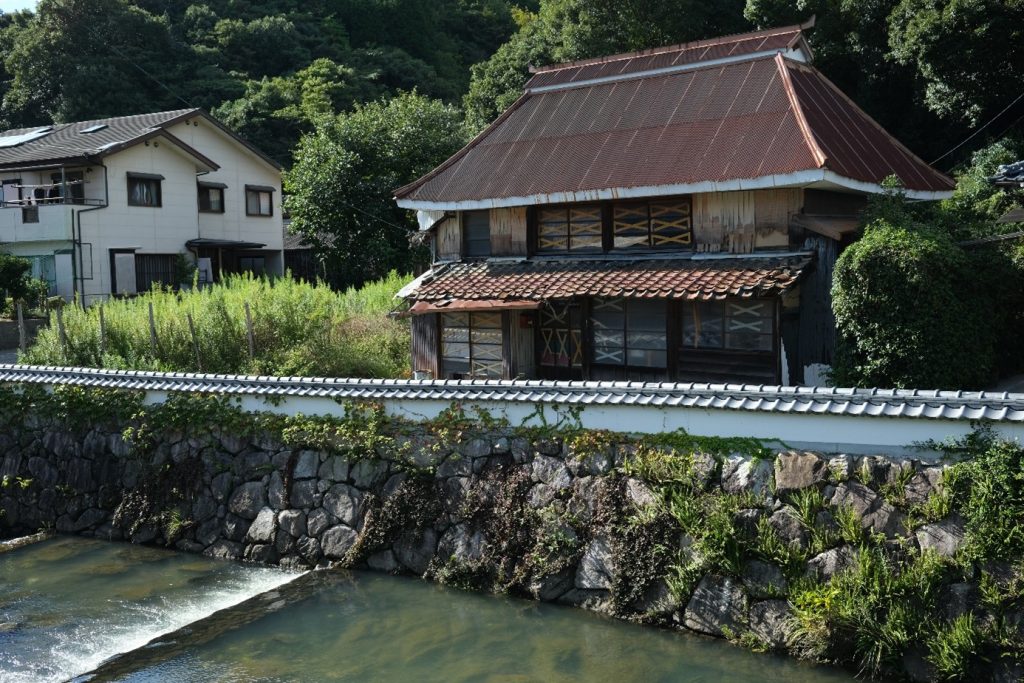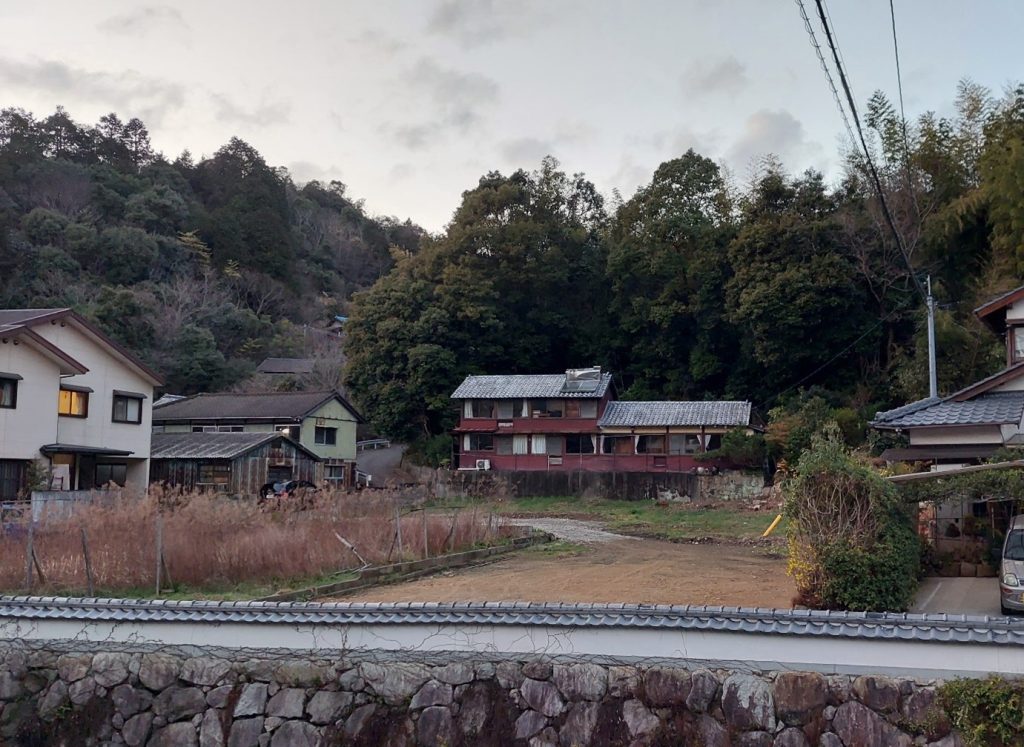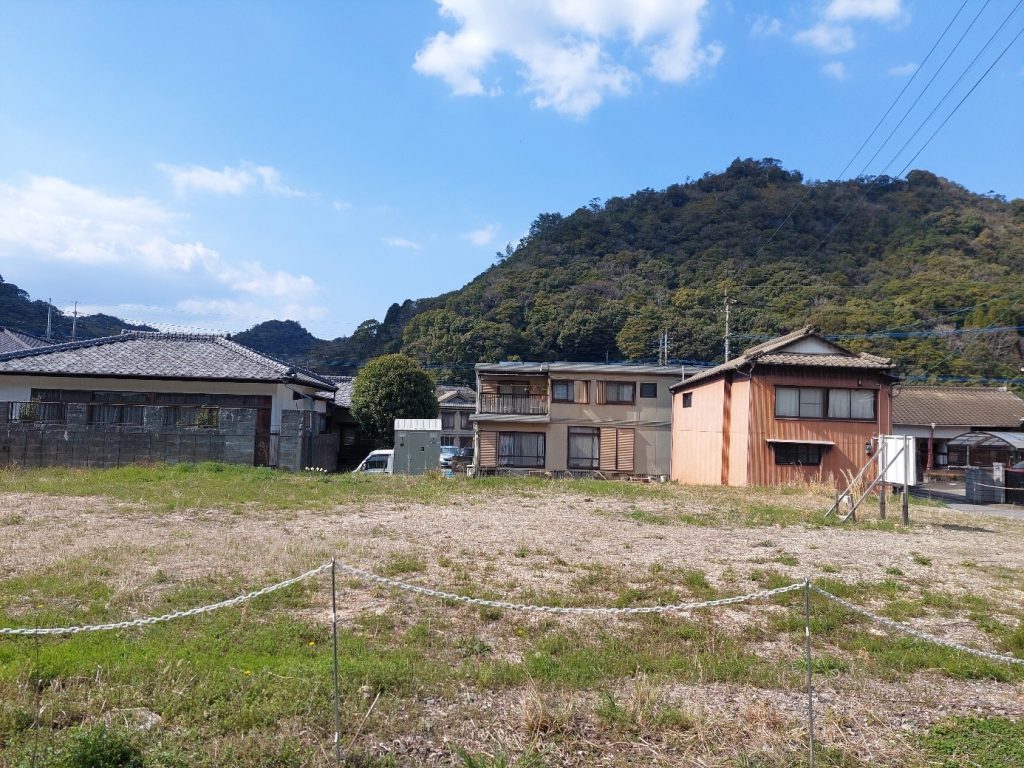by Ian Harano Grey
Breaths of thick damp air entered my lungs as I frantically dragged my suitcase through the Narita Airport. This is how I knew I was back in Japan. I tried to follow a group of other random terrified “English teaching assistants” who came to Japan with the JET Program as we were all ushered like cattle into big buses that would take us to Shinjuku. The last time I was in Tokyo, I completely fell in love with the massive electric titan that it is, but was unfortunately ripped away due to the COVID-19 pandemic. But this time I was only there for a short (and strict) 72 hours before being shipped off to a city named Kumamoto in the middle of the Island of Kyushu. The only thing I managed to learn about the area before being sent there was that their mascot “Kumamon” is beloved and that the regional delicacy was horse meat (much to the dismay of my horse loving grandmother).

Copyright © Ian Harano Grey 2023
When I got off the plane, I entered the small box that they are calling the airport. I was dragged by a small group of foreign people in shorts and two Japanese officials in formal business wear that were all shaking signs at me. They hurriedly got my LINE account while taking a forced group photo. After this was all acquired, they quickly scuttled off to their respective airconditioned cars and I was placed with my “helper” who was supposed to help me settle in my new apartment. Walking to her car, the true horror of the Kumamoto heat began to dawn on me. I wore a suit out of peer pressure from other anxious newcomers even though the regional advisor told me explicitly to wear clothing that was “good for hot weather”. As I dripped buckets into the car of my helper, she still treated me with efficiency and kindness. While trying to pretend I was fine between suppressing the gasps of air and wiping off my forehead sweat, she finally says “It is hot here, isn’t it? That’s why we call it hi no kuni. The Land of fire!” We both laughed, but I looked out of the window onto the piercing neon green rice fields, volcanos, and mountains that made the bowl of soup that is Kumamoto. I couldn’t help but think “What the hell am I doing here?”

Copyright © Ian Harano Grey 2023
As I settled into the job, the magic of living in Japan wore off, and I entered the complaining phase. Kumamoto is not only extremely hot in the summer, but bone chillingly cold in the winters. Most of my coworkers were difficult to communicate with while working insane amounts of overtime. I had no idea how to teach hundreds of kids on my own, and I had to push down my queer identity to fit in with the strong binary gendered expectations of Japanese society. Anytime there was talk of needing to go to a bigger city to get something done or the transit was messed up, the teachers all laughed and said: “Jā, inaka desu ne”, meaning: “Well that’s the countryside right?” When discussing the frustrations I had with this confusing city, my coworker stated “Kumamoto is trying its absolute hardest to be cool.” This would end up being the key that opened everything for me. If Kumamoto was trying, I needed to try, too.

Copyright © Ian Harano Grey 2023
With time, Kumamoto bloomed before my eyes. In the countryside, you make your own fun and find your own community. We had crazy parties at the local foreigner bar. I began to look forward to seeing the legion of old women who ran my closest konbini, always asking if I am dating and or observing my weight gain/ loss. The best weekends were bike rides along the rice fields and drinking cheap 7-Eleven wine in the park. I found myself saying “Count me in!” to take pottery lessons in a stranger’s backyard. Instead of being intimidated by horse meat, everyone eventually fought over the last piece at a group
dinner. I joined university students practicing their acapella singing routine at night by the river. The burst of glee I let out when the shy student in my class got 2nd in the relay at the sports festival shocked me. A sweet elderly woman I met at a conference insisted on making me a buffet in exchange for helping her grandson practice his English for High School Exams. So many simple but special moments invited me into this lovely community in a random city across the world. Often in big metropolises it can be incredibly isolating and discouragingly lonely because you don’t have a community. However, in Kumamoto, I enjoyed a community that transcended age, background, and nationality. I learned to open my soul and accept something that transcended my expectations. The heat no longer suffocated me, instead, it was a reminder of life around me.
Ian Harano Grey is a master’s student currently enrolled at Freie Universitaet. They are a Japanese-American from Reno, Nevada who did their undergraduate studies at the University of Nevada, Reno with a focus on History in China and Japan. They had worked in Kumamoto as an “Assistant Language Teacher” (ALT) through the JET program before shifting perspectives to Global East Asian Studies in Berlin.



